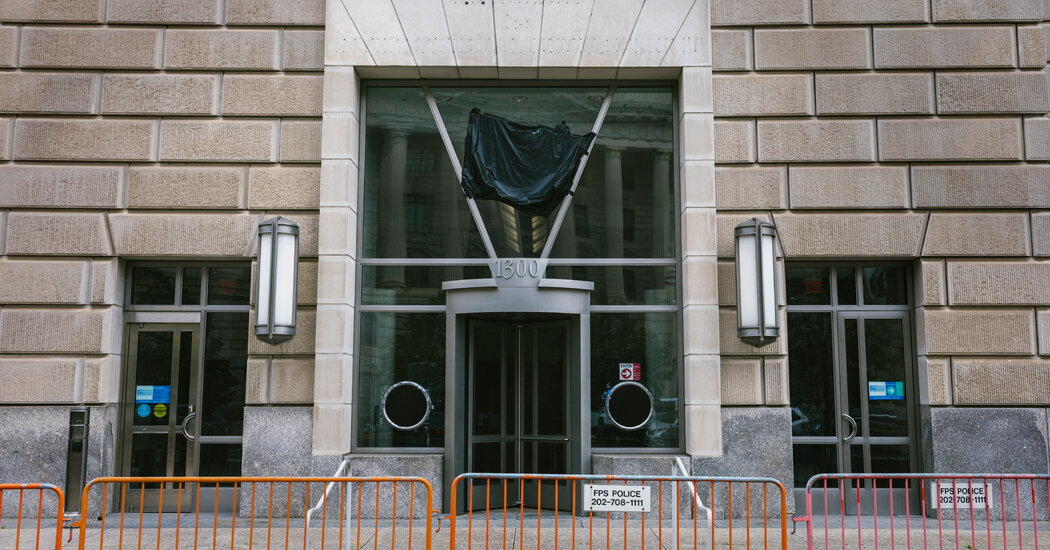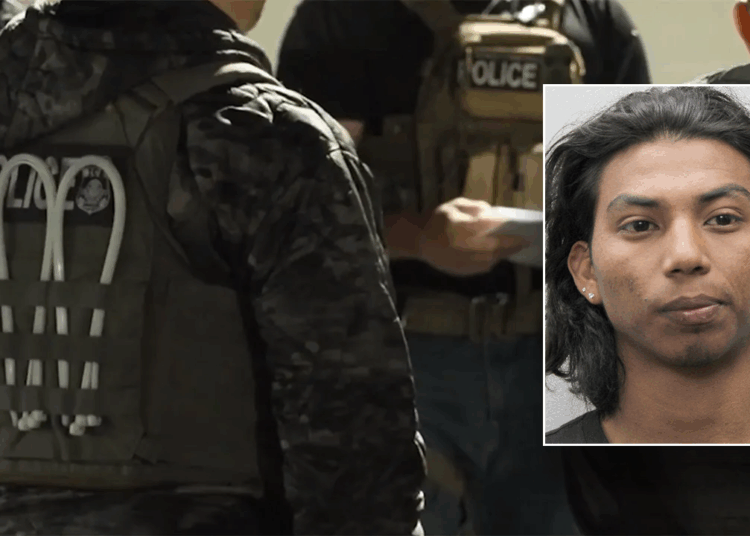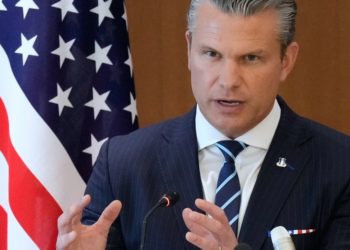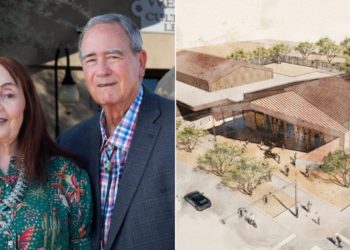The State Department has asked the United States military to assist with disaster relief efforts in the aftermath of Hurricane Melissa, a senior U.S. official said on Wednesday, as the Trump administration mobilized its emergency response to Jamaica and its hard-hit Caribbean neighbors.
It was unclear what military assets might be involved, but the official said the mission would likely include airlifts of food, water and other supplies to remote areas of Jamaica that have been cut off from the rest of the island.
One person familiar with the relief efforts said that the military’s Joint Task Force-Bravo was already on standby. That unit, based in Honduras, has experience in humanitarian aid and disaster relief operations.
Jamaica and Haiti have formally requested disaster aid from the United States, and the government of the Bahamas has requested air support, another U.S. official said. The officials briefed reporters on the condition of anonymity to discuss internal State Department planning.
The emerging operation is something of a test of America’s disaster relief capabilities after deep cuts to foreign aid budgets and President Trump’s shutdown earlier this year of the United States Agency for International Development, which for years led American emergency response efforts overseas. The State Department is now in charge of responding to foreign disasters.
The State Department announced earlier on Wednesday that it had deployed a Disaster Assistance Response Team, or DART, to the region. The department also said it had “activated” two U.S.-based search-and-rescue teams, located in Los Angeles and Fairfax, Va., that it keeps under contract for rapid foreign deployments.
DART officials will travel to Jamaica, Haiti, the Dominican Republic and the Bahamas to assess damage and determine what assistance is needed. The State Department officials declined to say how much aid the United States might send to the region. Secretary of State Marco Rubio has said that the United States shoulders too much of the world’s humanitarian burden, leaving some aid delivery professionals worried that the Trump administration might provide far less relief to disaster-stricken nations than the United States has in the past.
The State Department officials who briefed reporters didn’t provide an explanation for why the department had not sent supplies and equipment before the storm, as the United States has routinely done in the past.
As Hurricane Beryl approached the Caribbean in July of last year, for instance, U.S.A.I.D. sent relief supplies across the region, deployed staff members and activated more than two dozen disaster experts in seven countries. In the case of Hurricane Melissa, the department stockpiled supplies in six warehouses, officials said, but not in the countries that were in the path of the hurricane.
The source familiar with relief efforts said that budget constraints and worker furloughs caused by the federal government shutdown had slowed the U.S. response to the storm and made logistics more difficult. One of the State Department officials conceded that the shutdown “complicates things,” but said that senior officials had granted necessary permissions to mobilize federal workers with necessary expertise.
Michael Crowley covers the State Department and U.S. foreign policy for The Times. He has reported from nearly three dozen countries and often travels with the secretary of state.
The post U.S. Military Will Assist Disaster Relief Efforts in Jamaica appeared first on New York Times.




